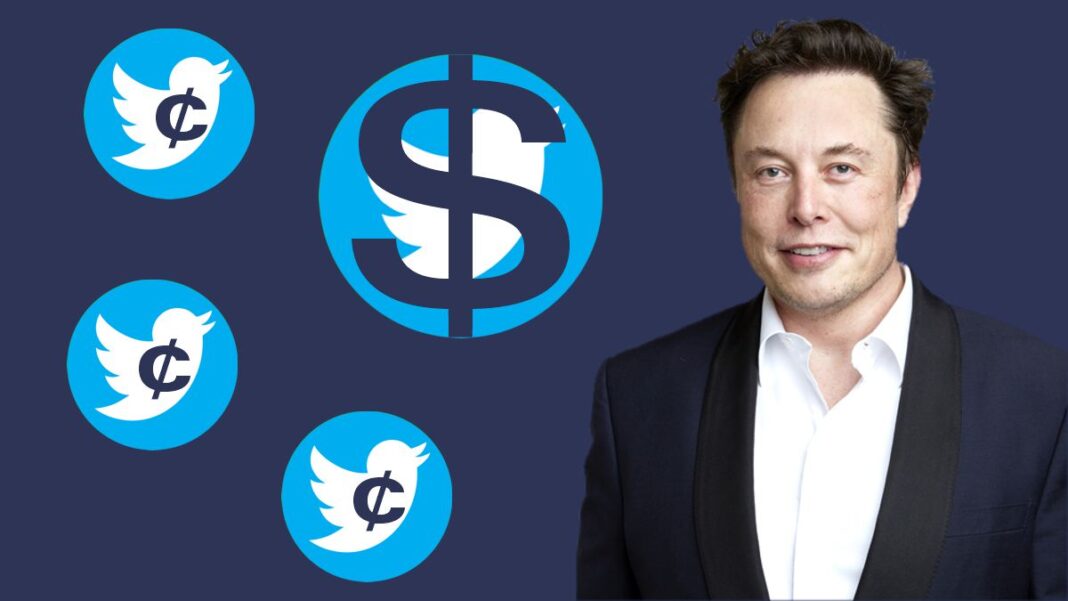Elon Musk, the greatest innovator of our time, has reportedly closed the deal to take over Twitter, and any supporter of free speech should be cheering him on. But however the deal turns out, the reaction to it over the past two weeks has shown that Twitter is an ideologically discriminating cesspool of negativity, and whatever façade of independence, free-thinking, or commitment to free speech the company once had has been permanently washed away.
This will be a long campaign even for Musk, a man who seems to know no limits, not just to finalize the finer points of the deal, but also to start the process of clearing out the woke warriors infesting the company.
Recent Twitter employee statements online and in the media have made clear there’s no appetite to change the culture inside the company, and soon we will all quickly see there’s a big difference between controlling Twitter and controlling Twitter’s policies.
Musk’s simple vision for Twitter – that it should evolve back into a platform where free speech reigns supreme and users are free to express their opinions and share information – is only extreme in the sense that so many people both inside and outside of Twitter are radically against it. The culture of Twitter has clearly become so embroiled in Leftist politics that the thought of a return to free speech principles – which means allowing conservatives to speak freely on the platform – has led to a meltdown.
Twitter’s business model relies on misery, as the Washington Post’s Megan McArdle so smartly wrote last November, and it simply does not provide a positive user experience. This is the fundamental reason the company has never been as profitable or as popular as its Big Tech cousins.
And ironically, the same people who lectured conservatives about private companies and the free market when Twitter permanently banned President Trump are suddenly up in arms over the prospect of the free market taking Twitter out of their hands.
“I do think that we want to be just very reluctant to delete things,” Musk recently explained, and “just be very cautious with permanent bans.” That approach may sound like common-sense, but it doesn’t work for the committed Leftists running Twitter and the liberal establishment that benefits from a powerful social media platform that routinely censors conservative viewpoints and flags conservatives for spreading “misinformation,” even when the information is true.
Musk is realizing what we have known for years: Twitter is rotten to its core and cannot be repaired by simply tinkering at the margins. Twitter abuses its technology to discriminate against users instead of building a platform where free speech is respected and information and opinions flow both ways.
It’s clear that if Twitter is to be a force for free speech again, it needs a wholesale tear-down to the foundation. Its leadership must be removed and the politically discriminating ideologues running day to day operations must be replaced. This would include programmers and nearly everyone else who works there – and that’s an incredible, if not impossible, undertaking.
In short, Musk the innovator may find it easier to land a rocket on Mars than to change Twitter’s culture.
And, of course, the overarching litmus test that cannot be ignored is whether Twitter will ever restore the account of President Donald J. Trump. Without that, Twitter will never truly be a place for free speech.
But the solution to America’s free speech crisis doesn’t lie with Twitter. It lies with alternative platforms that the free market has built to compete with Twitter, challenge the existing Big Tech orthodoxy and leverage its fundamental failures against it.
The Big Tech titans running these censorship regimes may not change their ways, but they can be starved of customers, who will naturally gravitate to platforms that protect their right to hear and be heard. Musk recently polled Twitter users asking if they believe the platform adheres to the principles of free speech and over 70% voted no. The market is hungry for a platform that operates differently.
That’s what GETTR is all about. GETTR launched last year on the simple yet revolutionary premise that free speech is worth fighting for and that our users’ voices are worth protecting. The market has responded, and GETTR is now the fastest growing social media platform in history, already surpassing five million users.
Whether it’s GETTR or something else, Musk’s offer to Twitter proves that the social media market is ready to be disrupted, and people are hungry to take their social media business elsewhere. For that, they need alternative options.
Instead of trying to fix the unfixable, let’s focus on building up new platforms that ensure Silicon Valley doesn’t have a censorship monopoly on our country’s civic dialogue.
Jason Miller is the Chief Executive Officer of the social media platform GETTR








